Les på norsk

Gjertruds sigøynerorkester (Gjertrud’s Gypsy Orchestra) has specialised in eastern European Gypsy music, namely from Russia, Romania and Hungary. The group has acquired the music through the aural tradition from Gypsy musicians in Budapest, including permanent collaboration with Ernest Bangó, a celebrated cimbalist, mentor and co-musician. The ensemble has also worked on different folk music and cross-over projects, with several artists, like Yiddish music with Bente Kahan, Norwegian “Tater” (Traveller) music with Elias Akselsen, Norwegian folk music with Susanne Lundeng, Gypsy songs in Norwegian with Britt-Synnøve Johansen, and Christmas concerts with Solfrid Molland, Roma-choir and Roma street musicians.
Gjertrud’s Gypsy Orchestra has toured extensively in Norway and abroad, attended many festivals and released several CDs. The CD “Mazurka – Remaking Chopin” in collaboration with pianist and composer Nils-Henrik Asheim won a Norwegian Grammy Award in 2011. The ensemble receives financial support from Arts Council Norway.
THE MUSIC
Eastern European Gypsy music suddenly shifts from delicate melancholy to passionate dance rhythms. Elements from art music, 19th century popular music and not least folk music has melded together to create a unique form of music, in which the tonal language of folk music takes on virtuoso performance technique and the timbral ideals of the classical/romantic tradition. Learning the music through the aural tradition, arranging it in real time, and combining this with ‘classical’ virtuoso performance technique makes way for nuanced, playful and sincere musical expression. The wealth of variation in the rhythms, tempi and phrasing of Gypsy music, in which it is expected that the ensemble will consistently take its lead from the primás’s whims and moods, requires extremely tight and flexible communication within an ensemble.
«TRAVELLING MUSIC»
The fates of the Gypsies, Jews and Norwegian Romani people as ‘wandering peoples’ have important parallels. The ‘wandering’ may be the result of culture and lifestyle, or it may be necessary movement caused by oppression and difficult conditions. In either case the result is rich cultures containing a multitude of impulses, which spread cultural expression over huge areas. Music has also provided a livelihood for many in the gypsy community.
Their musical traditions are multifaceted and bear the marks of a wide variety of impulses. They have their own folk music, much of it vocal, related to daily life and their own language and culture. In addition ‘Travellers’ have often been important bearers of local folk music traditions in the areas where they have settled. In a great deal of ‘music for a purpose’, such as dance music or restaurant music, there are traces of folk music, popular music and the European classical music tradition. Gjertrud’s Gypsy Orchestra is committed to communicating this musical diversity, with moods from dark restaurants in Budapest, village feasts, Jewish weddings and Norwegians “tater” bonfires.
